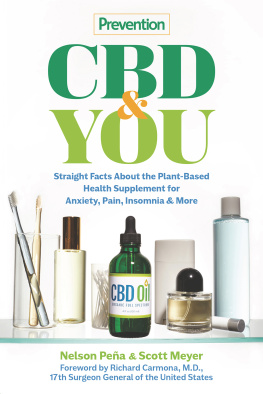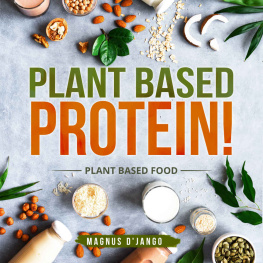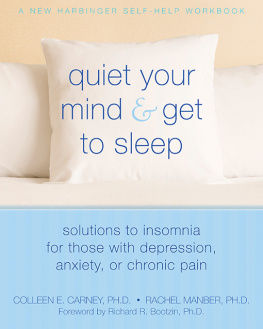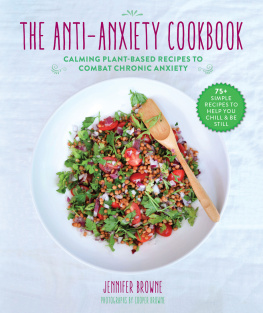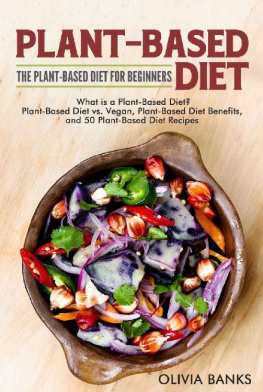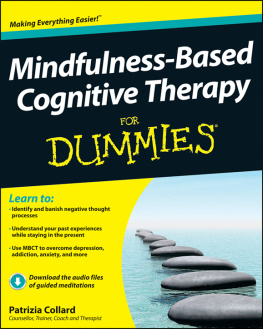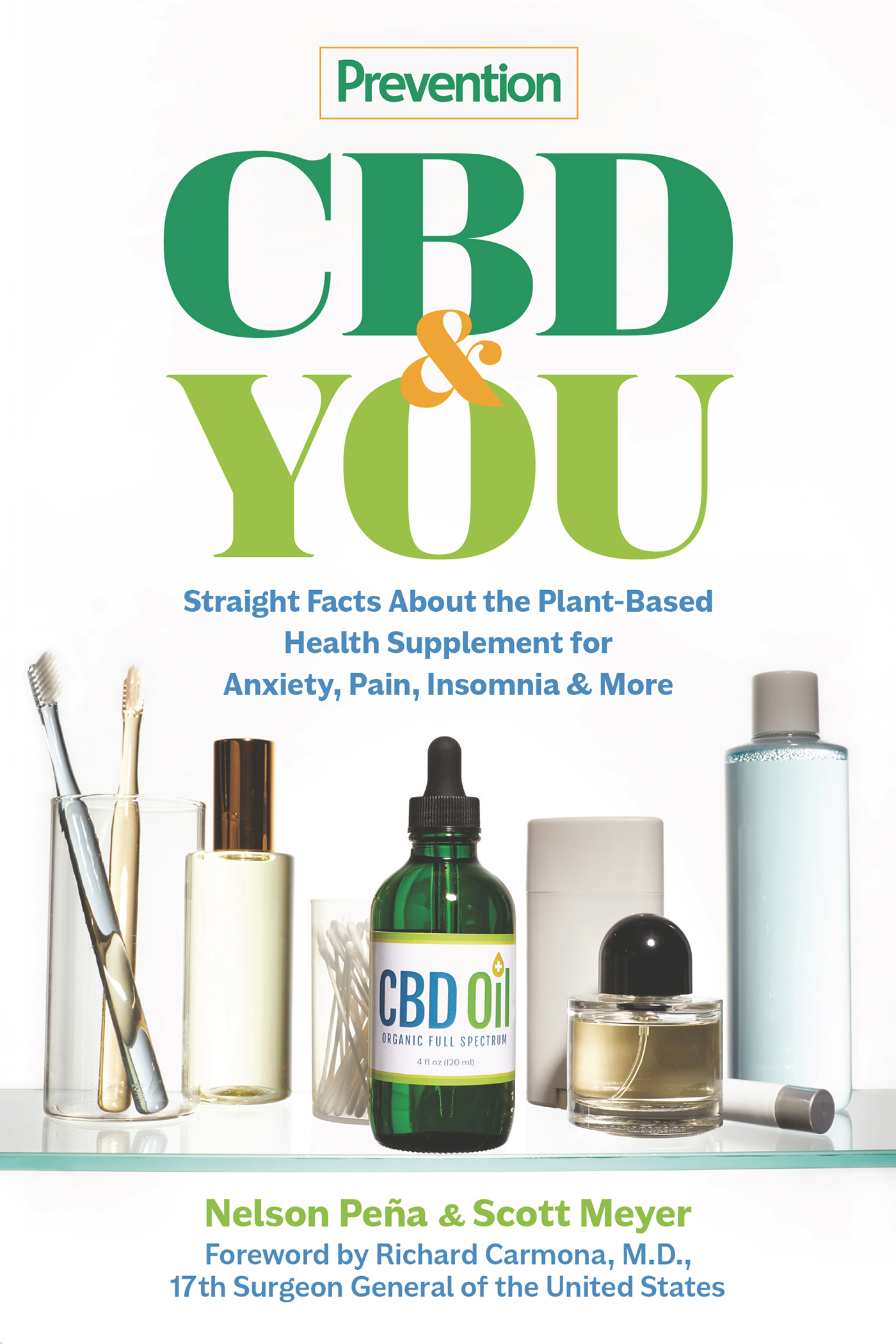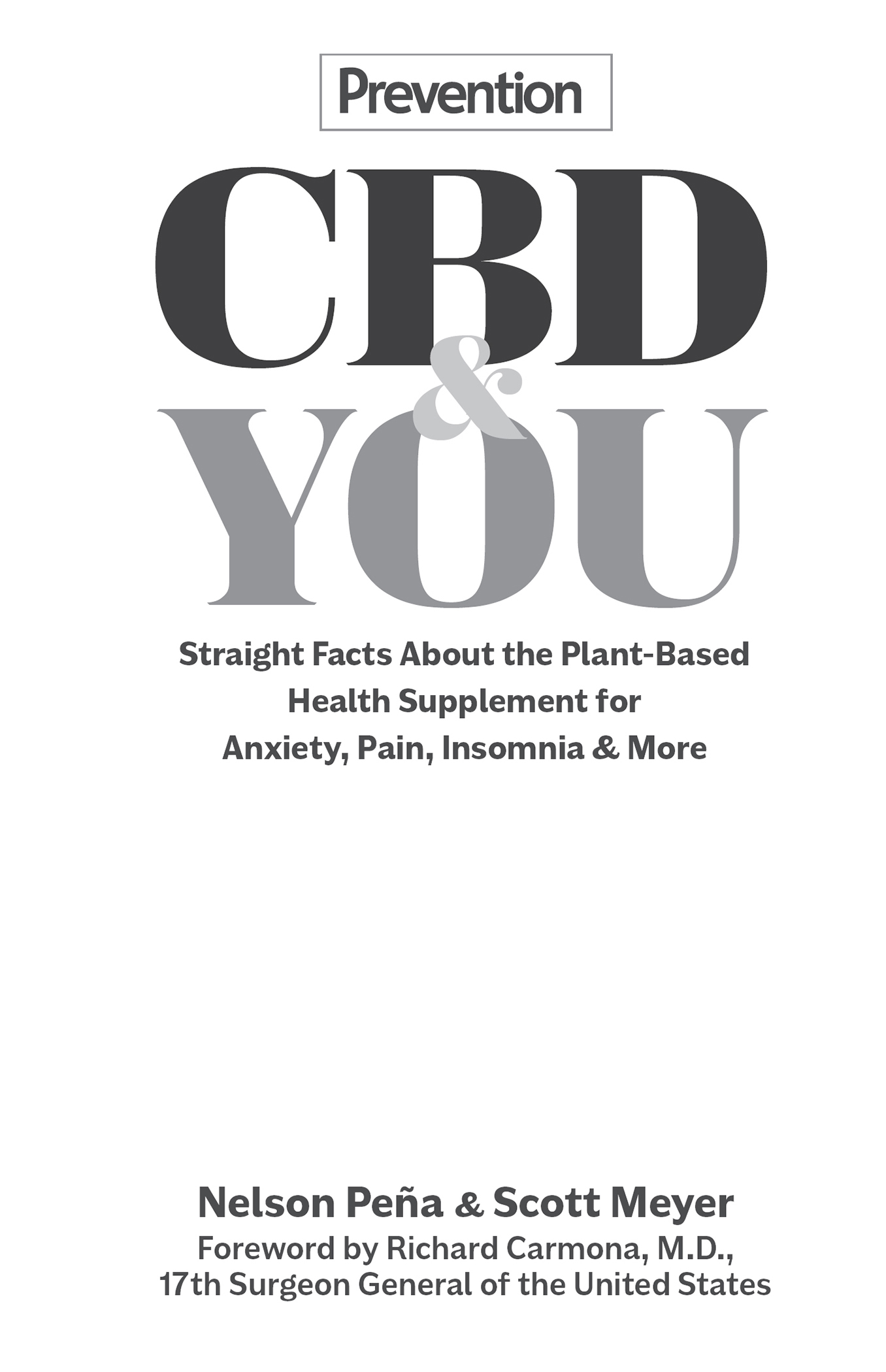BY RAJ DASGUPTA, M.D., ASSISTANT PROFESSOR OF CLINICAL MEDICINE, KECK SCHOOL OF MEDICINE, UNIVERSITY OF SOUTHERN CALIFORNIA
As a sleep doctor and California native, Ive had plenty of exposure to those who have tried substances such as CBD, THC, and everything in between. It was the firsthand experiences and countless anecdotes from my patients about the benefits of CBD that led me to take a deeper dive into understanding how it can help people. There has been a lot of red tape and limitations on the research and application of cannabis products. Nonetheless, evidence suggests that CBD may have numerous therapeutic properties and benefits in the medical world. Once we allowed ourselves to depart from the notion that cannabis is only for the spaced-out hippies with munchies, we opened the doors to a variety of possibilities for medical application.
CBD has exploded in popularity because of its potential to treat common health problems such as pain, anxiety, and insomnia. My patients often use CBD to avoid starting new medications or as a medication alternative. I think this is great as a practitioner because now I have another tool on my belt to help my patients avoid starting medications with more high-risk side effect profiles such as narcotics, anxiolytics, and sleeping aids. Its clear that further investigation still needs to be done to determine daily dosage, route of administration, and shelf life. But what we do know now is that CBD works well for many people who have no other alternatives. Its being used all over the world, and there are countless accounts of the beneficial impact that CBD can make on an individuals life. I feel as though we are only at the early stages of understanding the therapeutic potential of this compound, and it will be exciting to see what CBD can do for humankind.
Foreword
BY RICHARD CARMONA, M.D.
17TH SURGEON GENERAL OF THE UNITED STATES
Like people all over the world for millennia, Americans have always sought a magic bullet or quick fix for what ails them. Thats where enterprising sales people have eagerly stepped in, from hucksters in horse-driven wagons in the 19th century selling snake oil, to present day infomercials and social media marketers offering unregulated supplements to address all that ails you from aches to zoonoses.
We now have before us cannabidiol (CBD), a derivative of cannabis, the marijuana plant, the newest of the potential magic bullets that is actually a rediscovered ancient natural remedy. Certainly, our historical knowledge of numerous alleged miracle cures over the centuries would suggest that we should be very cautious of any single product that purports to be able to improve and or cure a wide range of maladies. Yet, here we are, with CBD popping up all over the country, in dozens of kinds of products, many of which make claims that rival the boldest snake oil salesmen of the past. Nonetheless, reputable researchers and others in the medical community are excited by its promise.
As with any new remedy, the story is complicated and CBD is far from a cure-all. As surgeon general of the United States, my job description was to protect, promote, and advance the health, safety, and security of the United States. In carrying out my broad mandate, my team and I had the privilege to work with every branch of the federal government, state and local governments, NGOs, and occasionally foreign governments in order to make sure that we always had the best research and information available to ensure safety and efficacy in all our endeavors and recommendations. During my tenure, there was an ever-increasing nonscientific and anecdotally driven national movement to legalize medicinal and recreational cannabis, which included CBD. Working closely with my colleagues at the FDA, NIH, and CDC, we advised Congress and the public about the perils of such action without the appropriate scientific due diligence to ensure public safety and the appropriate utilization, if any. Although these discussions took place more than 15 years ago, our recommendations are still very relevant today.
After my tenure as the nations surgeon general, I found that the public is more even divided, confused, and polarized regarding cannabis products, including CBD, because of the nonregulated, mostly anecdotally driven market. Claims of therapeutic value are questionable as is the purity of the product and the integrity of the supply chain.
When it comes to CBD, there is at present only one FDA approved medical use, which is the use in children with severe recurrent seizures not treatable by the usual means. The scientific examination of all things cannabis is a significantly growing fieldbut most information currently supporting its widespread clinical use is primarily anecdotal. This growing tsunami of anecdotal support for CBD begs for legitimate scientific research so as to clearly define its production and use from seed to feed while providing uniform health literate and culturally competent information to the public so that there is clearly defined informed consent for all CBD use.
I am proud to write this foreword in support of Prevention magazine and my colleagues work. This book is an important step toward educating the public based on science and not on anecdotes or politically driven, ill-informed policy. I remain interested and open to what the future holds for CBD, provided we all take the time and effort to understand its reality.

CBD 101
THE BASICS ABOUT THE POPULAR HEALTH SUPPLEMENT EVERYONE IS TALKING ABOUT.

